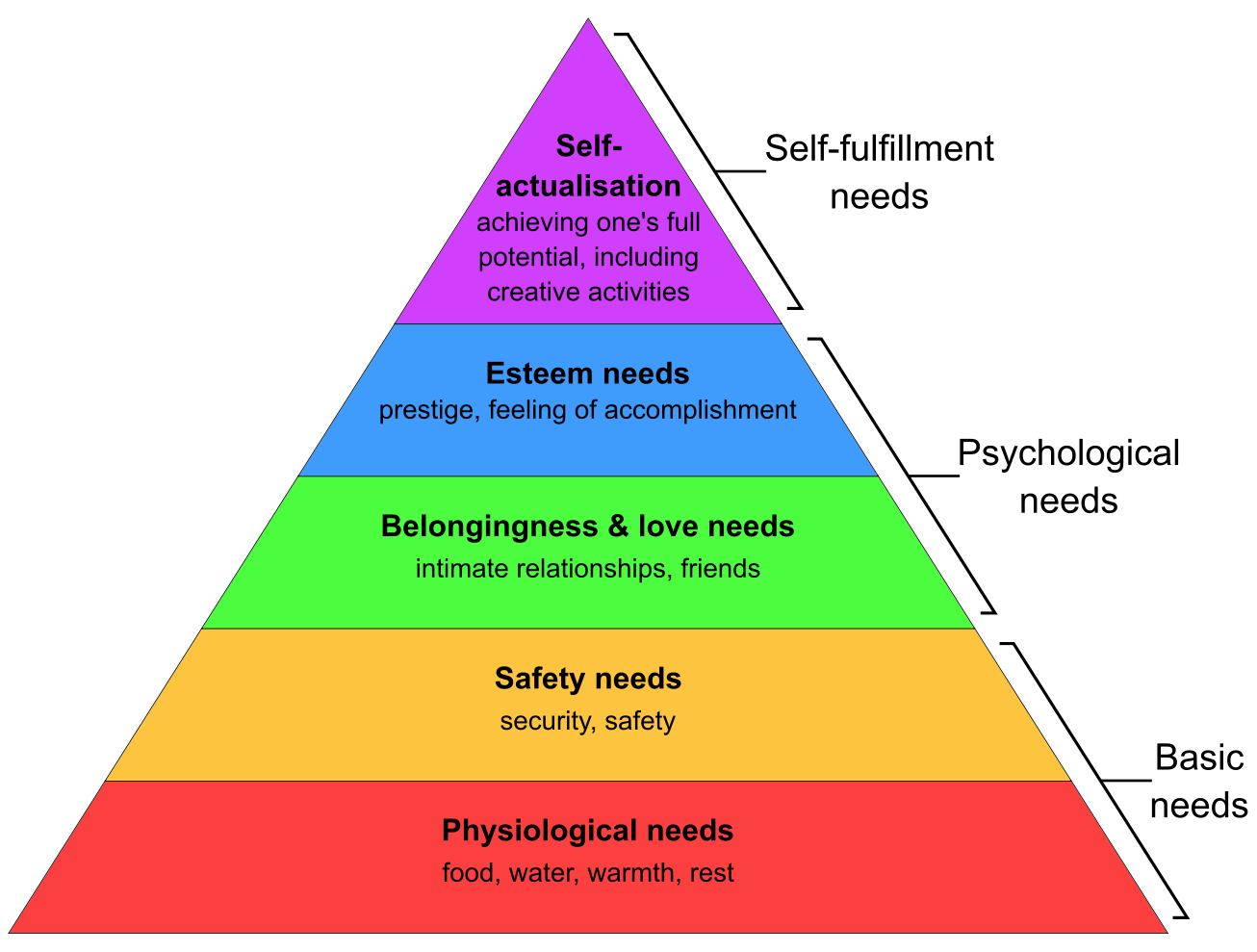When self care isn't enough
Time travel with me for a moment: the year is 1999. The internet is new and, I would argue, far better than its current iteration. I am in a 10th grade elective called “Electronic Fiction.” The name of the class is not exactly descriptive of what it is but again, the internet was new; we were all learning together.
Anyway, our assignment was to research a possible future career. Everyone else in class was undaunted by this. It was just another assignment and there were only two search engines; easy peasy. I, on the other hand, have often taken things too seriously, even more so when I was 15. I sort of panicked, not knowing what career I would want to explore and commit to forever. My beloved teacher, Mrs. Martucci (may her memory be a blessing; it is to me), asked me what kinds of things I liked. “Writing,” I said. She offered journalism. “No… I think I want to help people,” I answered. “A social worker,” she suggested. A social worker, sure!
The first article I found on AskJeeves (ah, the old internet, how I miss it) was about how social workers burn out. My introduction to my chosen profession was about how hard it can be. For some reason, that didn’t put me off. Instead, I saw the hope in the article: that burnout could be prevented with something called self care. That helping people would be hard for a number of reasons, both systemic and unchangeable, but that you could continue doing the work, even when it was hard.
At this moment, 26 years after that class and 15 years with my MSW, I am feeling close to burnt out. Not because of my clients, who challenge and delight me. Not because of the work/life balance or the pressure of running my own business. But because my usual self care is not cutting it at this moment in history.
I do yoga. I watercolor. I have a peer consultation group that meets monthly and keeps me sane and centered. I have the work/life balance I have always craved. But the world is what it is right now. My older daughter has questions about what is happening that I do not have good answers for. I am afraid a lot of the time. The usual self care stuff can’t cut into any of that.
I wonder what Mrs. Martucci might say to me. She was an incredible teacher; she truly changed my life. I can hear her voice and see her face, watching mine, holding the space for me to figure out the answer on my own, with just a little bit of prodding. The answer, I’m sure, is to get myself back to my own therapy; to share my fear with others so it’s less of a burden; to go outside and see how beautiful the world still is, all the time, even when it feels upside down.
I hope you are taking care of yourself. Thanks for reading. It’s better to be in community than alone; I appreciate you for joining mine, even for a few minutes. Let’s all take good care.








